Court charges French multinational with crimes in Syria
The French cement giant Lafarge has been charged with complicity in crimes against humanity and funding terrorists in war-torn Syria.
A panel of three judges in a Paris court ordered Lafarge on Thursday to pay 30 million euros ($35 million) as security deposit before a trial can open on the company’s alleged crimes in Syria.
Rights campaigners welcome the very fact that courts are beginning to recognize the role of the French company in spreading chaos.
Lafarge faces an array of charges for its conduct in Syria, including crimes against humanity, financing terrorist groups, including Daesh, and endangering the lives of former employees to keep its factory open in Syria’s Jalabiya region.
The cement company is accused of paying nearly 13 million euros to Daesh and other terrorist groups to keep the Jalabiya plant running, long after other French companies and multinationals had pulled out of Syria due to the spread of militancy.

Eight Lafarge executives, including former CEO Bruno Laffont, have already been charged.
Investigators suspect that Lafarge had viewed the payments by its Syria subsidiary as a “tax” in exchange for which militants allowed free movement of the company’s staff and goods inside the warzone. A source close to the probe said that there was also a suspicion that Lafarge paid cash to buy fuel and other raw materials, including fuel from suppliers close to Daesh.
Rights groups welcomed the court decision to charge the French giant. Sherpa, a French rights advocacy and a plaintiff in the case, described the allegations against Lafarge as one of the most serious against a French company in years, saying that it was the first time that a parent company anywhere in the world had been charged with complicity in crimes against humanity.
The European Center for Constitutional and Human Rights (ECCHR) also hailed the decision as a historic milestone in recognizing the scope and seriousness of allegation against multinationals.
“The activities of Lafarge in Syria, in a context where extremely violent crimes had been committed – even right outside the factory – are a perfect illustration of how multinationals can feed conflicts,” said Miriam Saage-Maass who serves as ECCHR legal director.
Lafarge says it will appeal against the charges. The company, which was merged with Swiss rival Holcim in 2015, said it was not responsible as a whole.
“We deeply regret what happened in our Syrian subsidiary and as soon as we were informed, we immediately took firm measures,” said Beat Hess, the board president of LafargeHolcim, adding, “None of the people charged are part of the company today.”
Hezbollah calls on supporters to stage rally in Lebanon in solidarity with Iran
VIDEO | War with Iran?
Why Western left fails to grasp the link between imperialism, Zionism, and ‘regime change’ in Iran
VIDEO | Davos vs. Gaza: A sanitized narrative meets a harsh reality
Thousands brave freezing cold in Minneapolis to protest Trump’s immigration crackdown
Iran says it has boosted its missile power since war with Israel
VIDEO | Trump's 'Peace Council' not peaceful for Israel!
Israel’s defeat in Iran riots ‘more humiliating’ than 12-day war: Qalibaf




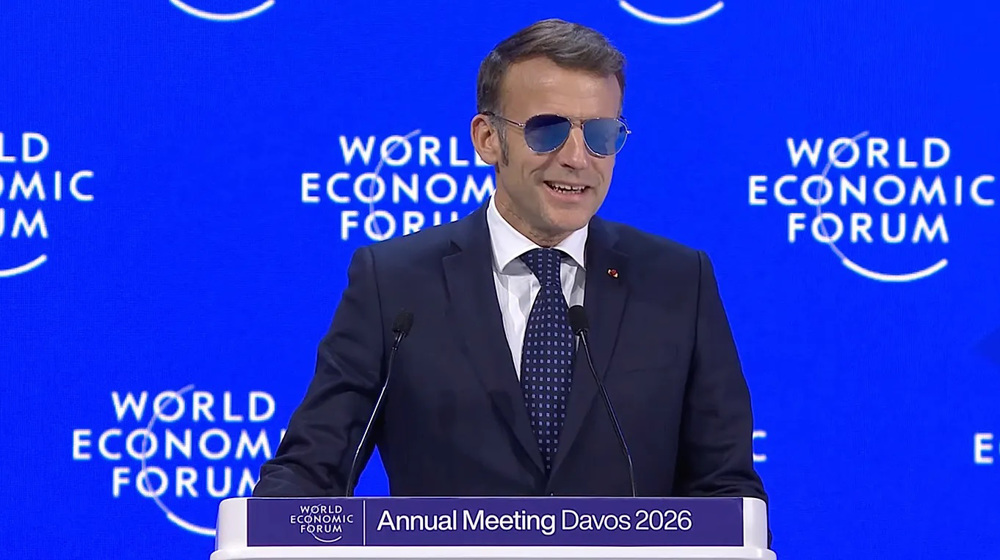
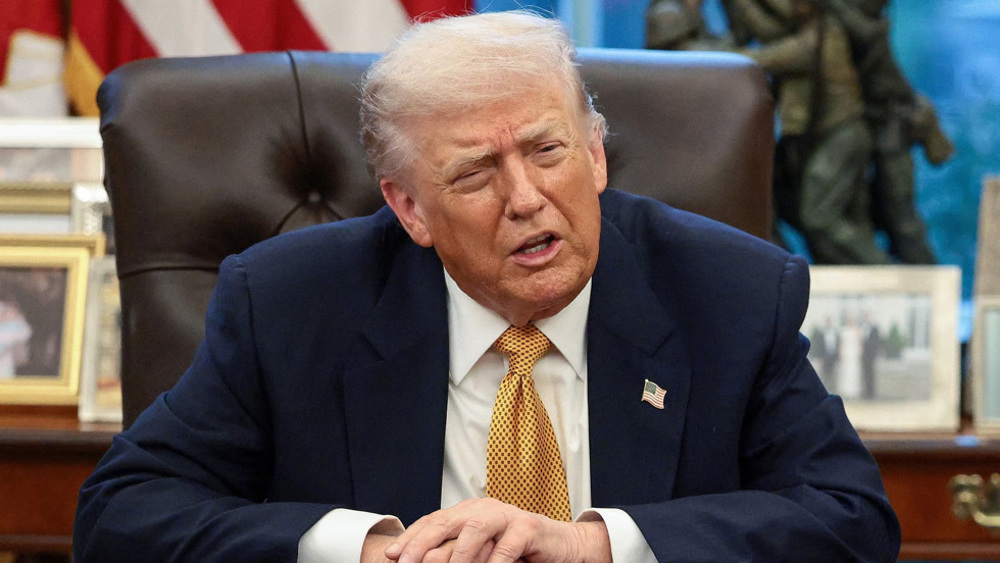



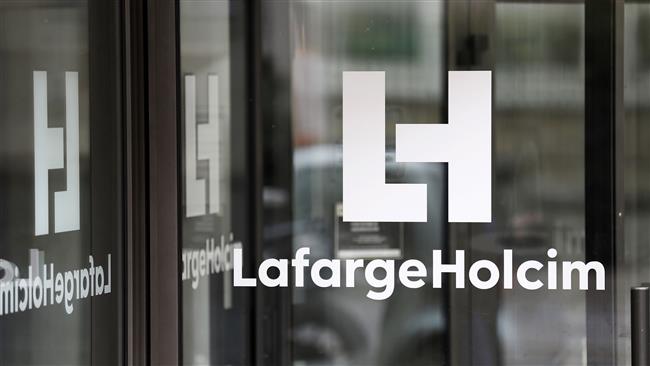
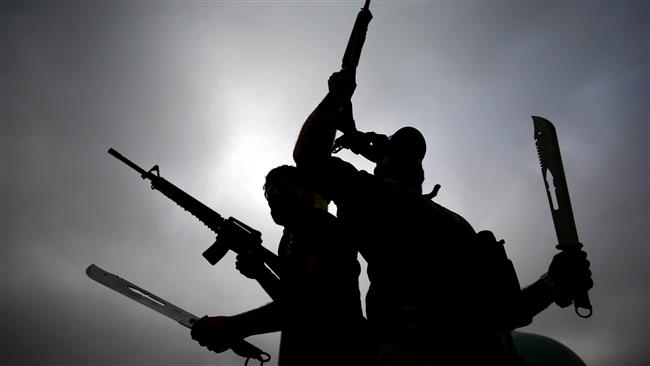
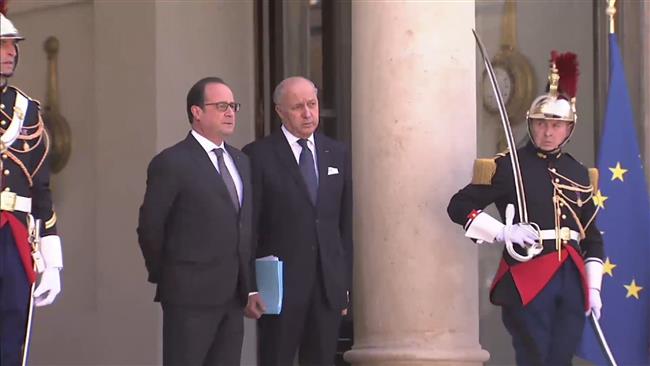

 This makes it easy to access the Press TV website
This makes it easy to access the Press TV website